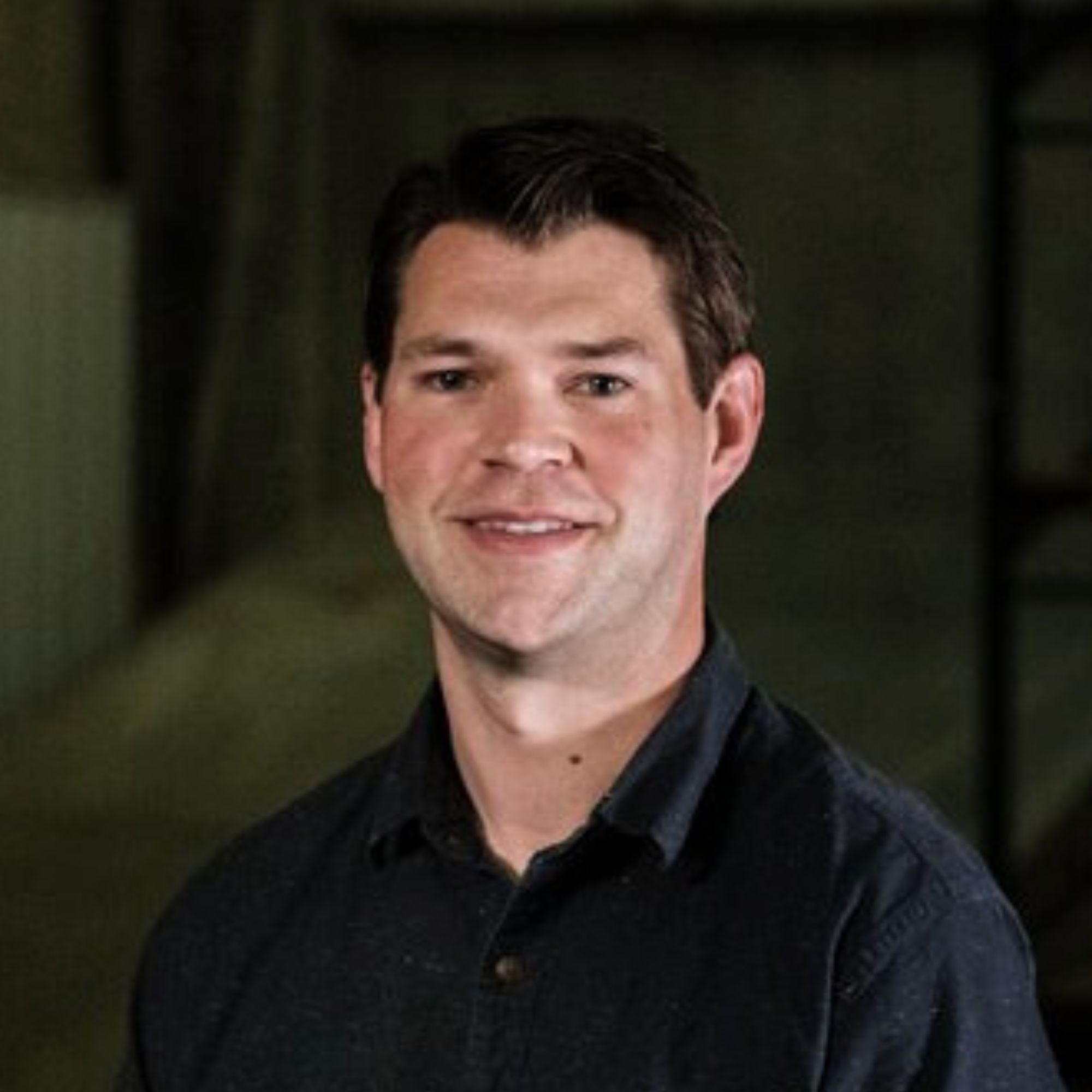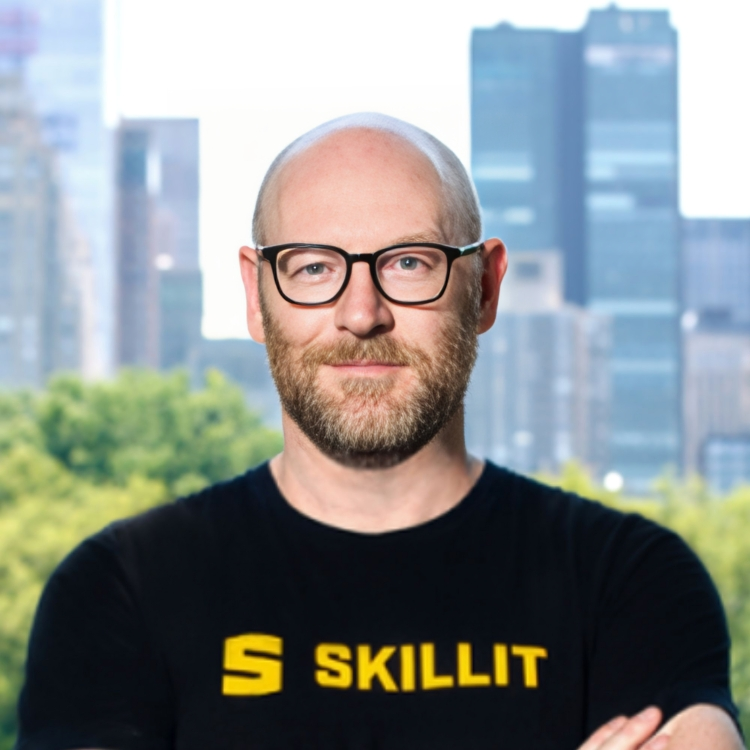Ready to build your own Founder-Led Growth engine? Book a Strategy Call
Frontlines.io | Where B2B Founders Talk GTM.
Strategic Communications Advisory For Visionary Founders
Actionable
Takeaways
Master the Art of Strategic Restraint:
Chapman's biggest breakthrough came from learning restraint—resisting the urge to overpromise or announce early wins. In industries where trust is paramount, especially those involving safety-critical applications, premature announcements can destroy credibility. Hold back launches until you can deliver proven results with third-party validation.
Transform Industry Skepticism Into Competitive Advantage:
The construction industry's natural aversion to new technologies becomes an opportunity when you can prove reliability. Chapman leveraged this by focusing entirely on provable claims, third-party endorsements, and transparent communication. This approach created organic word-of-mouth in an industry where peer recommendations carry exponential weight.
Reframe Limited Budgets as Product Validation Opportunities:
Rather than seeing no paid media budget as a constraint, Chapman used it as validation that their product needed to sell itself. When you can generate demand purely through organic reach and industry testimonials, it proves product-market fit more convincingly than any paid campaign could.
Let Technical Experts Lead Customer Conversations:
Chapman discovered that in technical B2B industries, marketers should orchestrate rather than dominate customer interactions. Construction professionals want to discuss specifications, workability, and strength data—not marketing messaging. Position yourself as the facilitator who connects prospects with the right technical experts.
Build Trust Through Radical Transparency:
In the cement industry, where products literally support buildings and bridges, any hint of spin destroys credibility. Chapman's strategy of "saying what we do and doing what we say" created a competitive moat. Every marketing claim must be backed by verifiable data and third-party validation.
Leverage Consumer Marketing Instincts for B2B Storytelling:
Chapman's consumer background gave her superior storytelling abilities that helped translate complex climate technology into compelling narratives. B2B marketers should focus on making technical solutions accessible to diverse audiences while maintaining credibility with technical buyers.
Turn Inbound Overwhelm Into Strategic Advantage:
When organic demand exceeds your team's capacity to respond, it's a signal to be more selective about demand generation activities. Chapman strategically delayed webinars and events to focus on high-value partnerships and ensure quality follow-up with existing leads.
Position Marketing as Business Strategy, Not Creative Output:
In technical industries, marketing success comes from understanding business models, sales goals, and customer pain points rather than creative campaigns. Chapman's strategic approach focuses on identifying white space opportunities and developing positioning that supports long-term business objectives.
Conversation
Highlights
In this episode of The Marketing Front Lines, we speak with Sherry Chapman, VP of Marketing at Fortera, a climate tech company revolutionizing the concrete industry with low-CO2 cement. Fortera has developed a breakthrough technology that captures industrial CO2 emissions from cement production and mineralizes them back into cement, creating their “ReAct” green cement product. Chapman brings a unique perspective to B2B marketing, having transitioned from consumer electronics to climate tech, where she’s discovered that restraint and transparency trump traditional marketing tactics in an industry where trust is literally life-or-death.
Topics Discussed:
- Transitioning from consumer electronics marketing to B2B climate tech
- Building trust and transparency in a risk-averse construction industry
- Operating with minimal marketing budget while generating significant organic demand
- The challenge of managing too much inbound demand with a small team
- Marketing to technical audiences who prefer specs over marketing speak
- Storytelling complex climate technology to diverse audiences
- The realities of marketing in the construction and cement industry



















































